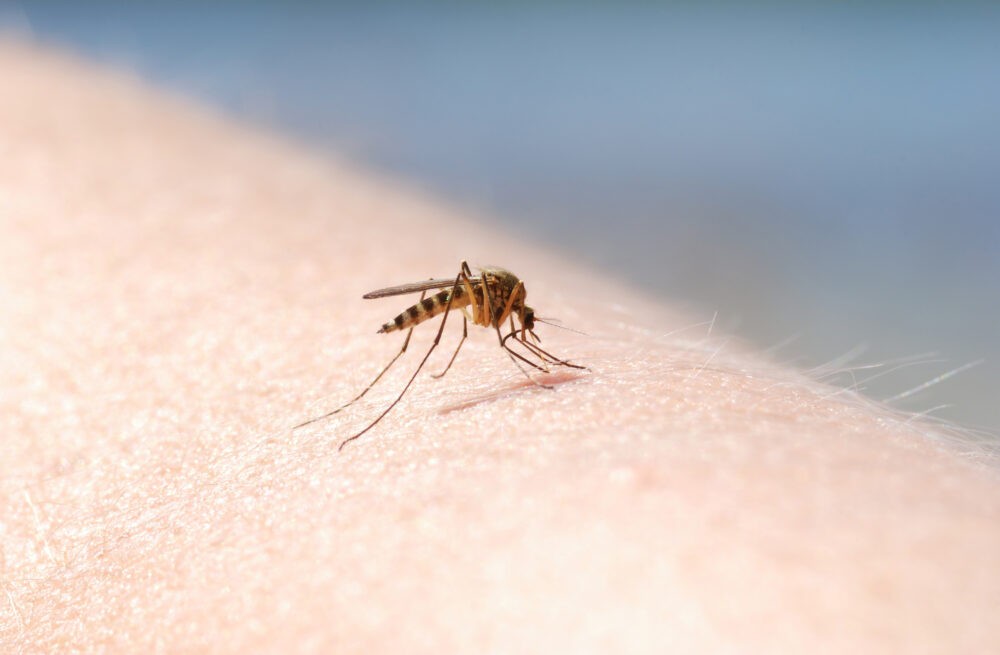Key Characteristics:
- Flying Insects: Mosquitoes are flying insects with long, slender bodies and a pair of wings.
- Female Blood-Feeding: Female mosquitoes feed on blood to nourish their eggs, while males primarily feed on nectar.
- Aquatic Larvae: Mosquitoes lay their eggs in standing water, and the larvae develop in aquatic environments.
Potential Risks and Concerns:
- Disease Transmission: Mosquitoes are vectors for various diseases, including West Nile virus, Zika virus, and malaria.
- Itchy Bites: Mosquito bites can cause itching, discomfort, and allergic reactions in some individuals.
- Breeding in Standing Water: Stagnant water provides ideal breeding grounds for mosquitoes, contributing to population growth.
Preventive Measures:
- Remove Standing Water: Eliminate stagnant water sources around your property, such as clogged gutters, containers, and birdbaths.
- Use Mosquito Nets: When camping or sleeping outdoors, use mosquito nets to prevent bites.
- Install Screens: Install screens on windows and doors to keep mosquitoes out while maintaining ventilation.
- Wear Protective Clothing: Wear long sleeves, pants, and mosquito repellent when spending time outdoors, especially during dawn and dusk.
- Mosquito-Repellent Plants: Plant mosquito-repelling plants, such as citronella, lavender, or marigolds, in outdoor areas.
Professional Assistance:
Consider professional mosquito control services, including larvicide treatments for standing water and barrier treatments for outdoor spaces

